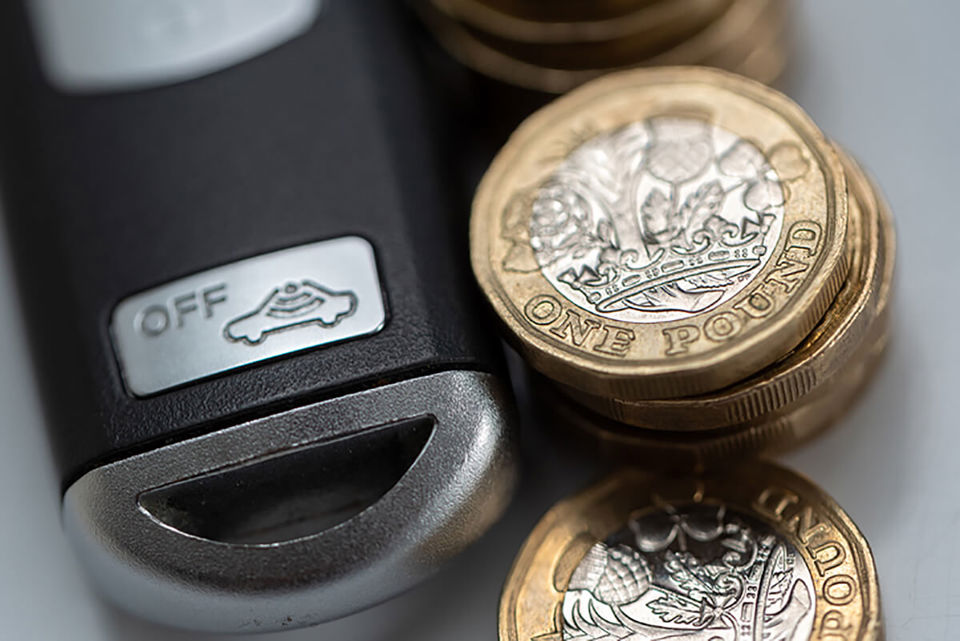US President Donald Trump has immediately cut the rate on UK car imports from 27.5% to 10%, while also removing the 25% tariff on UK steel and aluminium.
The lower car rate will apply to the first 100,000 vehicles exported from the UK to the US each year - 101,000 were exported last year.
In return, the UK Government says it is removing the tariff on ethanol for US goods and agrees “reciprocal market access on beef”.
President Trump announced the new import taxes in March, with UK automotive warning describing the tariffs as “deeply disappointing” when they came into force last month (April).
Following his phone call into the Oval Office, and while US President Donald Trump took questions on the deal from reporters, the UK Prime Minister, Keir Starmer, was talking at the Jaguar Land Rover (JLR) plant in the West Midlands.
He told staff: “This deal means US tariffs will be cut from 27.5% down to 10% for 100,000 vehicles every year. That's a huge and important reduction.”
Welcoming the deal, JLR's chief executive officer, Adrian Mardell, said that it gives “greater certainty” for the sector and would help sustain 250,000 jobs.
He added: “We would like to thank the UK and US Governments for agreeing this deal at pace and look forward to continued engagement over the coming months.”
Mike Hawes, chief executive of UK automotive trade body the Society of Motor Manufacturers and Traders (SMMT), also welcomed the deal, saying it is “great news for the industry and consumers”.
“The application of these tariffs was a severe and immediate threat to UK automotive exporters so this deal will provide much needed relief, allowing both the industry, and those that work in it, to approach the future more positively,” he added.
“Government has recognised the importance of the automotive industry to UK exports and the wider economy and has worked quickly and tirelessly with US counterparts to strike an agreement.
“We hope that it will lead to broader and deeper cooperation that reduces barriers to trade still further, charting a path to economic growth for both nations.”
Cara Haffey, leader of industry for industrials and services at PwC UK, said that, alongside the Bank of England reducing interest rates to 4.25%, the announcement offers some “increased stability” and will facilitate more accurate long-term forecasting and planning.
“While it is still relatively early to measure the impacts over time, these are likely to vary by market segment,” she added.
“Compounding these challenges is the fact that vehicles are discretionary, high-value purchases, and most of the UK-made cars exported to the US are premium and high-end brands. However, softer economic conditions supported by lower interest rates could potentially spur consumer demand.”























Login to comment
Comments
No comments have been made yet.